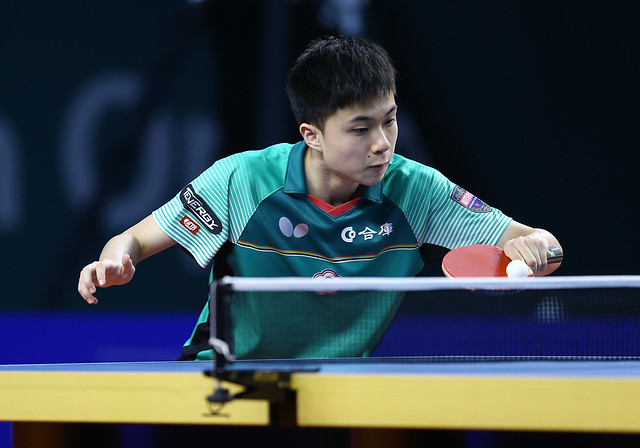by Ian Marshall, Editor
Success in the Portuguese capital city meant that Hina Hayata captured the second Challenge Series women’s singles title of her career; previously she had won in 2017 on the south coast of Spain.
Somewhat differently for Honoka Hashimoto, it was her fourth runners up spot in five finals. She won in 2017 in Zagreb but in the same year had to settle for runners up spot Bangkok and Minsk as well as in 2018 again in Bangkok.
If there is to be a Lisbon final in Muscat, they will need to be in opposite halves of the draw; also both Hina Hayata and Honoka Hashimoto will need to be at their best; colleagues providing major opposition, determined to prevent a repeat experience.
The names of Miu Hirano, Hitomi Sato, Saki Shibata and Sakura Mori all appear on the entry list; moreover all have claimed women’s singles titles at open international tournaments.
Similar to Hina Hayata who won in 2016 in Melbourne, Miu Hirano, Sakura Mori, Hitomi Sato and Saki Shibata have all won ITTF World Tour women’s singles titles. In 2016, Miu Hirano won in Warsaw, Hitomi Sato in Zagreb and Saki Shibata in Minsk. Meanwhile, at ITTF Challenge Series tournaments, in 2017 Hitomi Sato succeeded in Minsk, Thailand and Slovenia; impressive but exceeded by Saki Shibata. In 2017 she prevailed in de Haan before last year winning on no less than four occasions. She retained her de Haan title, whilst also succeeding in Minsk, Zagreb and Gualalajara.
In Muscat, in the women’s singles event, Miu Hirano is the no.2 seed, behind Chinese Taipei’s Cheng I-Ching, she is followed by Hitomi Sato and Saki Shibata; Hina Hayata is the no.9 seed, for Sakura Mori she must compete in the qualification tournament.
Also from Japan, note the name Satsuki Odo, she could well cause higher rated players consternation; last year she was the runner up in the under 21 women’s singles event in Zagreb. In Oman she is the no.15 seed.










